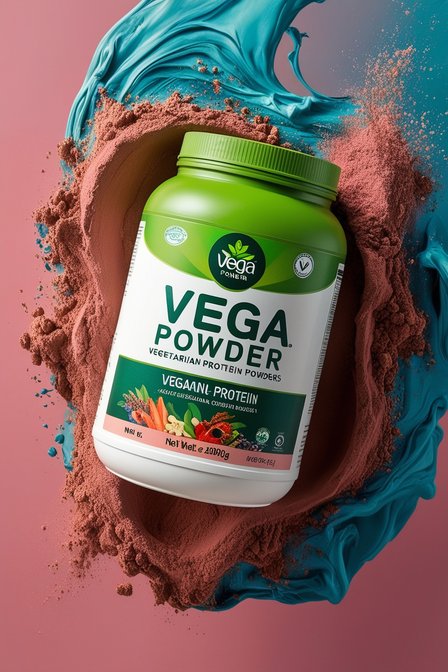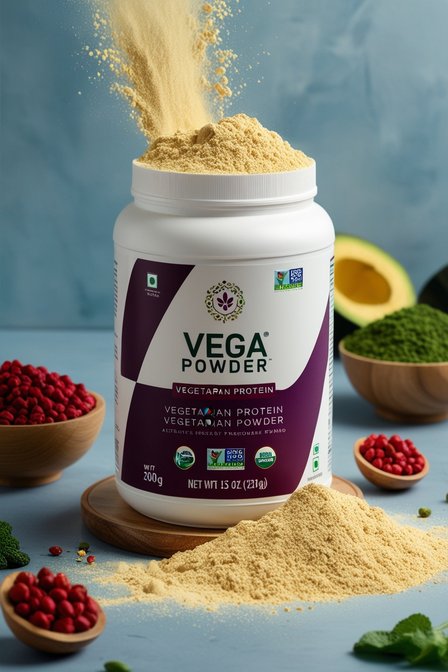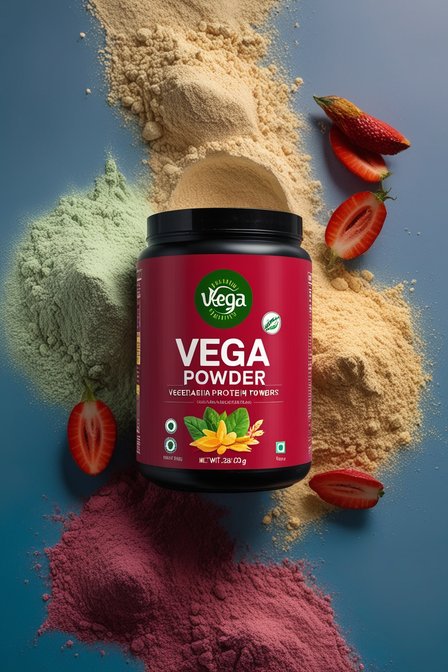Understanding Collagen: The Body's Essential Protein
Collagen is the most abundant protein in the human body, playing a crucial role in providing structure and strength to various tissues. Found in skin, bones, muscles, and tendons, collagen acts as a scaffold, holding the body together and ensuring its integrity. This remarkable protein is responsible for the skin's elasticity, the strength of bones, and the overall resilience of connective tissues.
The Structure and Types of Collagen
Collagen is composed of amino acids, primarily glycine, proline, and hydroxyproline. These amino acids form a triple-helix structure, which provides collagen with its unique strength and flexibility. There are at least 28 different types of collagen, each serving specific functions within the body. The most common types include:
- Type I: Found in skin, bones, tendons, and ligaments, Type I collagen is the most abundant and provides tensile strength to these tissues.
- Type II: Predominantly located in cartilage, Type II collagen is essential for joint health and mobility.
- Type III: Present in the skin, muscles, and blood vessels, Type III collagen supports the structure of hollow organs.
- Type IV: Found in the basement membrane, which underlies epithelial and endothelial tissues, providing filtration support.
- Type V: Involved in forming cell surfaces, hair, and placenta tissue.
The Role of Collagen in Skin Health
Collagen is vital for maintaining youthful and healthy skin. It provides the skin with structure, elasticity, and hydration. As we age, collagen production decreases, leading to the formation of wrinkles, sagging skin, and loss of firmness. Environmental factors such as UV exposure, pollution, and lifestyle choices like smoking can further accelerate collagen degradation.
Skincare products often include collagen-boosting ingredients like retinoids, vitamin C, and peptides to enhance collagen synthesis and mitigate the signs of aging. Additionally, dietary supplements containing hydrolyzed collagen peptides have gained popularity for their potential to improve skin elasticity and hydration.
Collagen in Bone and Joint Health
Collagen is a critical component of bones and joints, providing them with the necessary strength and flexibility. In bones, collagen fibers form a matrix that binds minerals like calcium, contributing to bone density and structural integrity. In joints, collagen is a key component of cartilage, the smooth tissue that covers the ends of bones and allows for pain-free movement.
Age-related decline in collagen production can lead to conditions such as osteoporosis and osteoarthritis. Ensuring adequate collagen levels through diet and supplements may help maintain bone density and joint health, reducing the risk of fractures and joint pain.
Dietary Sources of Collagen
Collagen can be obtained from various dietary sources, primarily animal-based. Bone broth, made by simmering animal bones and connective tissues, is a rich source of collagen. Other sources include:
- Fish: Particularly fish skin and scales.
- Chicken: Chicken skin and cartilage are high in collagen.
- Eggs: Egg whites contain proline, an amino acid crucial for collagen production.
- Gelatin: Derived from collagen, gelatin is used in various culinary applications.
Plant-based diets do not contain collagen, but they can support collagen synthesis through the intake of certain nutrients. Vitamin C, zinc, and copper are essential for collagen production and can be found in fruits, vegetables, nuts, and seeds.
Collagen Supplements: Benefits and Considerations
Collagen supplements, often in the form of hydrolyzed collagen peptides, have become popular for their purported health benefits. These supplements are broken down into smaller peptides, making them easier for the body to absorb. Potential benefits of collagen supplements include:
- Improved skin health: Enhanced elasticity, hydration, and reduced wrinkles.
- Joint support: Alleviation of joint pain and improved mobility.
- Bone health: Increased bone density and reduced risk of fractures.
- Muscle mass: Support for muscle growth and recovery in conjunction with exercise.
While collagen supplements are generally considered safe, it is essential to choose high-quality products from reputable sources. Individuals with allergies to specific animal products should exercise caution and consult with healthcare providers before starting collagen supplementation.
Collagen and Athletic Performance
Collagen plays a significant role in supporting athletic performance and recovery. It is a major component of tendons and ligaments, which connect muscles to bones and stabilize joints. Maintaining healthy collagen levels can help prevent injuries and enhance recovery after strenuous physical activity.
Athletes may benefit from collagen supplementation to support the repair and growth of connective tissues. Studies suggest that collagen supplements, combined with vitamin C, can enhance collagen synthesis and improve tendon and ligament health, potentially reducing the risk of sports-related injuries.
The Future of Collagen Research
Ongoing research continues to uncover the diverse roles and benefits of collagen in human health. Scientists are exploring new ways to enhance collagen production, improve its bioavailability in supplements, and develop advanced skincare formulations.
Emerging technologies such as bioengineering and regenerative medicine hold promise for creating lab-grown collagen and developing novel treatments for degenerative diseases. Understanding the molecular mechanisms of collagen synthesis and degradation will pave the way for innovative therapies and interventions.
Conclusion
Collagen is an indispensable protein that supports the structure and function of various tissues in the body. From promoting youthful skin and strong bones to supporting joint health and athletic performance, collagen's benefits are extensive. Maintaining adequate collagen levels through diet, supplements, and skincare can help mitigate the natural decline in collagen production associated with aging and environmental factors.
As research progresses, the potential applications of collagen in health and wellness will continue to expand, offering new avenues for improving quality of life and longevity. Whether through dietary sources, supplements, or advanced medical treatments, collagen remains a cornerstone of human health and vitality.




